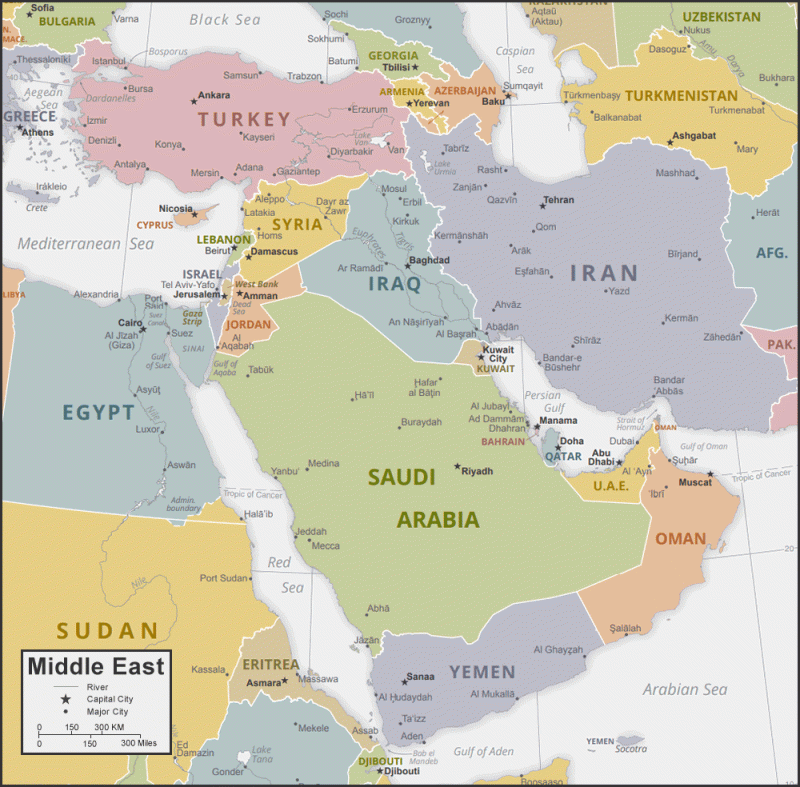In my last blog I asked the question; Have interest rates peaked? As I write this, 96% of analysts project that rates will not rise tomorrow. Further they suggest rates will climb no higher from here with a full 1% reduction due in the last quarter of 2024. The US Federal bank have held rates once again, as have the European Central Bank.
The UK economy is already gradually weakening. Although UK inflation readings did not drop further last month, the trend is undeniably down. All central banks now also need to consider a rapidly worsening situation in the Middle East. Conflict could escalate dramatically from here.
As a consumer of foreign energy imports, the UK stands out as being as resilient to oil and gas price spikes as a feather in the face of Storm Cairan.
Forget Net Zero
Just to make this absolutely clear to all. These concurrent global conflicts are not being fought over Lithium for batteries or Uranium for adequate “green” base load power generation, to save the planet. As usual the conflicts are fought over and financed by oil exporting countries looking to disrupt supply and drive up prices and profits. As existential threats go, a gradual heating of the planet over the next 100 years looks less relevant currently, than mankind’s potential obliteration within the next 100 days.
As a result we now have removed some further shares from our portfolios and with the proceeds from those sales, safer cash reserves are being built still further.
Am I considering the threat of World War III?
Building higher than usual cash reserves across the portfolios is a direct consequence of being able to currently achieve a high risk adjusted return. Risk adjusted? It simply means the level of return given by an asset when weighed up against the risk an investor takes. As I have said in previous blogs, cash as an asset has come in from the cold following almost two decades of negligible near zero returns.
However the additional threat of a global escalation has only added to the allure of holding more cash. How dangerous will a dramatic escalation be to our life savings?
As usual I turn to history for precedents to help me make difficult decisions. I’m certainly not keeping a close eye on current events as I have strong views on who is right and who is wrong. I’m not looking to apportion blame, I’m hoping to find a clue as to what comes next financially for us all. The answers are likely to be found in quality books, written by authoritative authors. Certainly the answers aren’t to be searched for within the sensationalist daily rags nor the comments section following the click-bait headlines.
It’s a fact that the Middle East region has never been free from conflict. Oil wealth and extreme religious ideology have seen to that. If we had waited for peace and conciliation between Jews and Arabs, before we dared to invest, that wait would span millennia.
Almost a decade ago to the month, I read the weighty tome “The Bin Ladens: An Arabian Family in the American Century” by Steve Coll.
During the ISIS uprising I read “The Looming Tower – Al Qaeda and the road to 9/11” by Lawrence Wright.
Currently I am reading “Rise and Kill First: The Secret History of Israel’s Targeted Assassinations” by Ronen Bergman .
All three books help an individual to start to understand why there will never be peace across the Middle East. So as awful as the events seem right now, when placed in historic context, the extremism and tit for tat atrocities are unfortunately business as usual. Hostilities wax and wane but never disappear.
It would be a brave man who declares he knows the extent and the final outcome of these current globally co-ordinated conflicts. It certainly isn’t me. Nevertheless my research continues to help me gauge the threat levels.
Is there anything to report that is positive?
The good news is as interest rates fall, the outlook for quality shares improves. Interest rates have not risen further. The bad news is that it is the threat of an escalating conflict that has helped force the interest rate policy-setters hand.
Finally not all is lost in war; Often fortunes can be made and a history of stock markets rising in war times is not uncommon.

